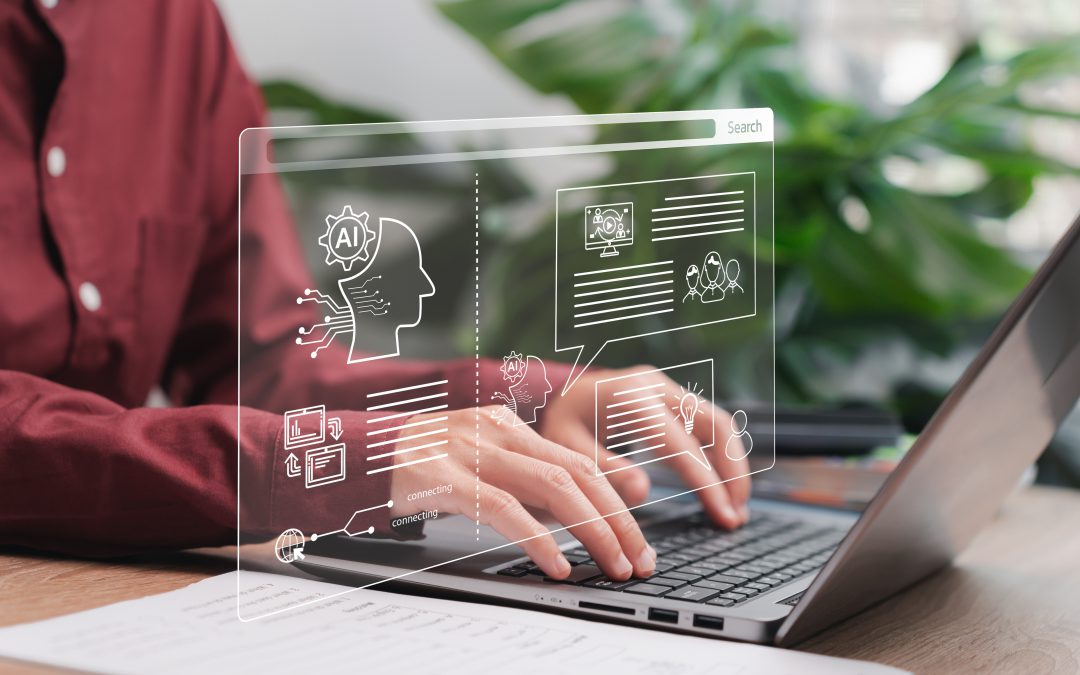By Emanuel Maia
Dean, School of Creative Practice
Pearl Academy
Artificial Intelligence (AI) is not just changing the industries; it’s also reshaping education, including the skills students need to flourish in a future where AI is ubiquitous. As AI continues to advance, the focus on skills that AI cannot replicate becomes crucial. Here’s a synthesis of the top skills students need, as suggested by experts and industry trends.
- Learning Agility: The ability to quickly learn and apply new concepts is paramount in a rapidly changing AI-powered world.
- Problem-Solving: The capacity to approach complex challenges and devise effective solutions is a skill that will always be in demand.
- Collaboration: Teamwork and the ability to work well with others, including machines, are essential, given the interconnected nature of the modern workplace.
- Critical Thinking: As AI takes over routine tasks, the human ability to analyse and evaluate complex issues to make informed decisions becomes more valuable.
- Adaptiveness: Being adaptable in the face of change and uncertainty is a skill that AI augments rather than replaces.
- Global Citizenship: Understanding and valuing diverse perspectives and working effectively in different cultural contexts will be vital for the global workforce.
- Resilience: The capacity to recover quickly from difficulties and adapt to adversity is a key trait for long-term career success.
- Creativity: The ability to generate new ideas and solutions is something AI can support but not replace, making it a critical skill for innovation.
- Empathy and Emotional Intelligence: The human capacity for empathy and understanding emotions is crucial for roles that AI cannot fulfil, like those requiring deep interpersonal relationships.
- Ethical Judgment and Integrity: As AI systems become more prevalent, understanding the ethical implications of technology and maintaining integrity in its application will be imperative.
These skills highlight the complementarity between human capabilities and AI technologies. AI can handle data analysis and automate routine tasks, freeing humans to focus on more complex, creative, and emotionally nuanced activities. For instance, AI tools can be used by faculty to develop curricula or identify students needing support, but it is the educators who provide the personalized guidance and empathy that AI lacks.
As the educational landscape adapts to AI, there will be a shift away from traditional assessments towards dynamic, interactive, and continuous evaluation methods that better reflect student learning in this new context. Moreover, it’s important for educational institutions to invest in infrastructure, resources, and professional development to effectively leverage AI, fostering a culture of innovation and collaboration across disciplines.
In conclusion, as AI continues to integrate into various aspects of life and work, education must not only respond to these changes but also anticipate them by cultivating the aforementioned skills in students. These skills will enable students to thrive in an AI-augmented world, ensuring they are not just ready for the future but also instrumental in shaping it.












